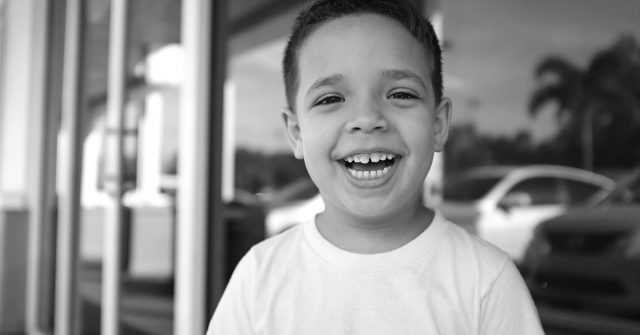New times bring new habits, attitudes, and behaviors that are nothing like those that we had in the past. Today, we and our children are equipped with the latest technology that has put an end to playing outside with the other kids. But, all this has given many challenges to parents who aren’t lucky enough to benefit from modern technology.
There are numerous challenges that today’s parents face every day while raising their children because they are forced to raise them differently than they were raised and that means they worry about the outcome of it. They question whether their child will be a good person with good manners, whether they will succeed in life, whether they are doing a good job raising them…
Well, if you think those things, you are not alone. Harvard psychologists have thought those same questions and discovered that there are some elements that are vital for every kid to experience. And they have found the key to raising a well-balanced kid in these difficult times. Below are what they advise.
Spend quality time with your children. Being physically present is not enough. The newest iPhone cannot replace your presence and your child’s need for bonding. Listen carefully to what they have to say, communicate with them, make them feel understood. Do things together and your child will not only love you more but also grow to be a caring, warm, and positive human being.
Your child prefers a real person to talk to than to a toy. You should connect to them every day. Ask them about their day, and answer their ‘dilemmas’ and all their questions that seem never-ending. Learn to play with them. Learn to play the games they like and have fun! Read a book to them, or tell them a story. Just be present with them and be considerate of their emotions.
Teach your child empathy and set high ethical expectations. Teach your child how to bond with others in a real way. Teach them to care about other people’s happiness. Psychologists advise that it is extremely important that your kids hear from you that caring about other people is essential and as important as caring about their own happiness.
So, hold your children to high ethical expectations. Praise them when they do the right thing and scold them when they don’t. Teach them to always choose to do the right thing even when it is difficult. You can do that by becoming a role model for them. If they see you do the right thing, they will follow you.
Be a strong moral role model and mentor for your children. When your child is young, they learn all the things from their surroundings, especially from you. They will see everything you do and repeat you. What you do is what your kid will become. So, pay attention to your actions, manners, and always apologize when you make a mistake.
Be fair, honest, and humble. Your child looks up at you and this is your chance to become everything you want them to be.
Teach them to always look at the big picture. It is common for children to only care for a small circle of friends and family. Your challenge is to inspire them to start thinking about those people that are not in their social circle – the new kid in class that feels lost, the lonely child that has no one to talk to because everyone ignores them…
Encourage them to be grateful and appreciative. People who practice gratitude are generous, helpful, and wonderful human beings. Be grateful yourself to teach your kid to be grateful as well. But, be careful because if you express a lot of gratitude, they may take it the wrong way. As Harvard psychologists advise – real responsibilities!
“Expect children to routinely help, for example, with household chores and siblings, and only praise uncommon acts of kindness. When these kinds of routine actions are simply expected and not rewarded, they’re more likely to become ingrained in everyday actions.”
Finally, childhood is a period when most of our personalities are shaped. This is why you should do everything you can to help your child understand the important things in life and inspire them to become complete persons.
Sharing is caring!


